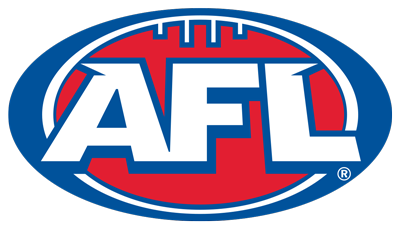Ian Stewart
Last updated on November 25, 2024 at 18:09 pm
Posted on July 31, 2024 at 19:17 pm
Football legend Ian Stewart’s impact on the game goes beyond his remarkable skills on the field. Beyond the trophies and accolades, his ability to shape the next generation of players and instill a sense of teamwork and camaraderie sets him apart. As fans look back on his storied career, they are left wondering about the untold stories and personal moments that truly define his legacy.
Early Life
Born in the mining town of Queenstown, Tasmania, football legend Ian Stewart entered the world under the care of his hardworking Italian migrant father and protective mother.
Growing up, Stewart showcased a natural talent for football, starting his career with Hobart in 1962. His exceptional skills on the field quickly caught the eye of VFL clubs, particularly through standout performances against Victoria.
Despite humble beginnings, Stewart’s early life laid the foundation for his future success in the world of Australian football. The support and guidance from his family instilled in him a strong work ethic and determination that would propel him to become one of the most celebrated players in the history of the sport.
Playing Career
Growing from his early days with Hobart, Ian Stewart’s playing career flourished as he moved to St Kilda in the VFL, where he’d leave a lasting mark on the sport. Stewart’s journey in the VFL was filled with remarkable achievements and memorable moments:
Developed into a quality player at St Kilda, forming a strong partnership with Darrel Baldock.
Thrived after shifting to play in the center, winning his first Trevor Barker Award in 1964.
Continued his success at Richmond, where he clinched the prestigious Brownlow Medal in 1971.
Stewart’s versatility, skill, and leadership on the field established him as a true football legend, setting the stage for his impactful career both on and off the field.
Coaching Career
Ian Stewart shifted into coaching roles following his successful playing career, leaving a mark on the sport with his strategic insights and mentorship.
As a coach, Stewart brought his on-field experience and tactical acumen to guide teams like South Melbourne and Carlton. His leadership was evident as he steered South Melbourne to eighth place in 1976 and led them to finals in 1977.
Stewart’s coaching style emphasized player development and teamwork, nurturing the skills of young talents and fostering a cohesive playing environment.
Despite facing challenges, including off-field controversies, Stewart’s dedication to the sport and commitment to his teams were unwavering.
His coaching career showcased his passion for football and his desire to pass on his knowledge to the next generation of players.
Coaching Stats
During his coaching career, Ian Stewart achieved notable success by leading teams like South Melbourne and Carlton to competitive positions in the league.
Stewart’s coaching stats highlight his impact on the teams he led:
Stewart guided South Melbourne to an impressive eighth-place finish in 1976.
He steered South Melbourne to the finals in 1977, showcasing his tactical prowess.
Stewart’s coaching tenure at Carlton saw significant improvements in the team’s performance, demonstrating his ability to develop players and shape successful strategies.

